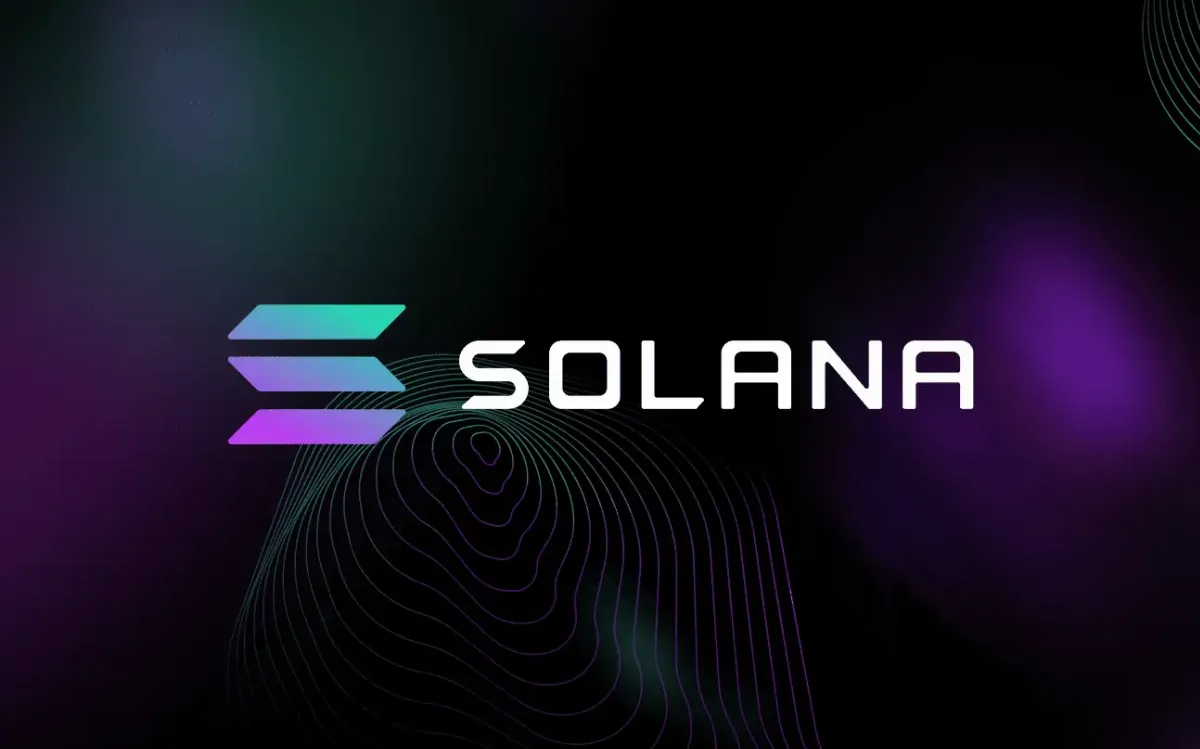
Solana (SOL)
Solana is a decentralized blockchain platform that aims to provide high-speed transactions and scalability for decentralized applications (dApps) and cryptocurrency projects. It was founded in 2017 by Anatoly Yakovenko, a former engineer at Qualcomm, and operates using a unique proof-of-history (PoH) consensus mechanism combined with proof-of-stake (PoS). This combination enables Solana to achieve high throughput and lower transaction costs compared to other blockchain networks.
One of the defining features of Solana is its ability to process thousands of transactions per second, with claims of handling over 50,000 transactions per second (TPS) under optimal conditions. This level of performance is made possible by its PoH protocol, which timestamps transactions before they are validated by the network. As a result, Solana can scale without relying on Layer 2 solutions or sharding, which are commonly used in other blockchain ecosystems to address scalability challenges.
Solana's native cryptocurrency, SOL, is used for transaction fees and staking on the network. SOL holders can participate in network security by delegating their tokens to validators, who process transactions and manage the blockchain. Stakers are rewarded with additional SOL tokens for their contributions. The Solana ecosystem supports a wide variety of decentralized applications, including decentralized finance (DeFi) protocols, non-fungible token (NFT) platforms, and Web3 projects.
Solana has attracted significant attention due to its growing developer community and partnerships with various projects in the blockchain space. In September 2021, Solana experienced a temporary network outage, which led to some criticism regarding its reliability. However, the platform has since continued to expand, drawing interest from both developers and investors.
Stichworte
Quellen







